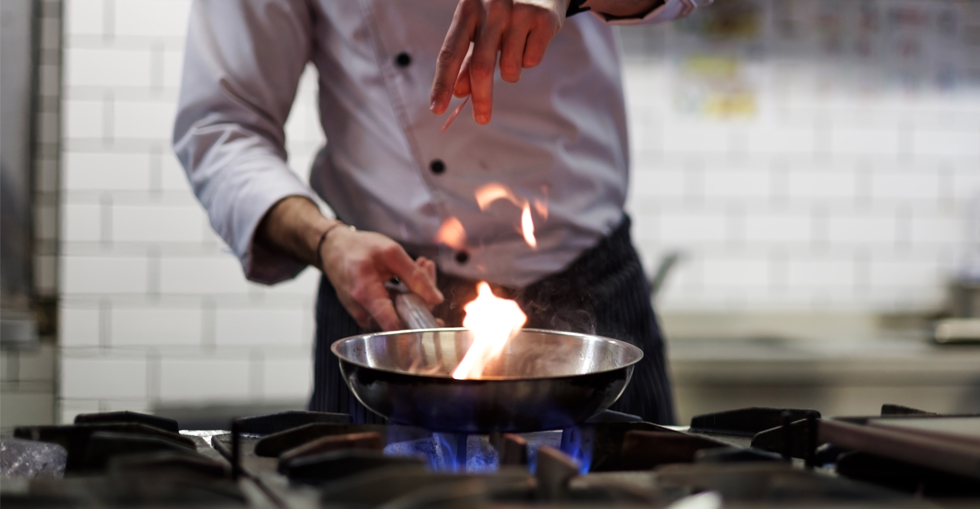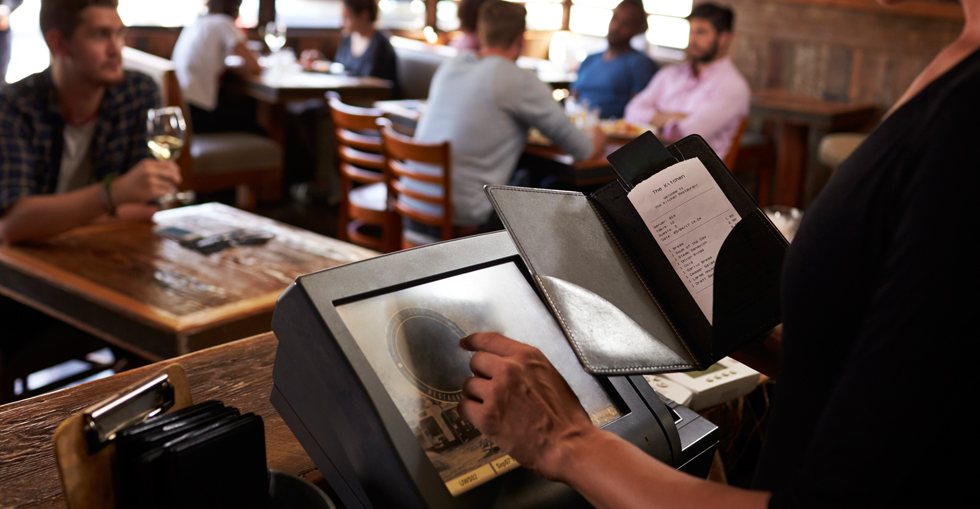Is buying a restaurant the right business move for you? Buying a piece of the culinary industry will come with its own rewards and challenges. It’s up to you to decide if this is the right investment for you!
Ingredient 1: You
The main ingredient to consider when purchasing a restaurant is you.
It’s important to evaluate your strengths and weaknesses, and to ask yourself these key questions:
- Are you a self-starter?
- Do you get along with a variety of personalities?
- Are you adept at making a lot of decisions on a daily basis; sometimes hourly?
- Do you have the physical and emotional stamina to meet the demands of the irregular hours often associated with the restaurant business?
- Are you a natural planner and
organiser ? - Do you have management experience?
- Have you had any business training in the restaurant industry?
- Are you willing to take advice and constructive criticism?
Questions like these will help you in the consideration process of your business plan, giving you the confidence to forge ahead!

Ingredient 2: Money
As with all businesses, buying a restaurant is going to take a considerable amount of capital.
In addition to the initial purchase price, some of the other set-up costs will include licensing fees, equipment, and staff.
The average amount you will likely need will be between $20,000 for a small venture - like a food truck - to $250,000 to fit out a commercial kitchen.
To get a better sense of your investment, check out some of the sale current restaurants for sale here.
Once you’re ready to meet with your lender, be sure you’re prepared with a well-formulated business plan outlining your product, forecasts, sales
The government also offers a helpful guide and business plan template here.

Ingredient 3: Finding the Right Restaurant
What type of restaurant are you interested in buying? There are many to choose from and just a few examples are:
- Traditional/Formal
- Casual
- Function venue
- Ethnic
- Café
- Fast food/Takeaway
- Cafeteria
- Caterer
- Mobile food vendor
- Pub/Bar
Once you’ve settled on a niche that’s right for you, be sure to find out why the restaurant you’re looking at is being sold. It’s important that you research the motivation of the seller.
Bottom line: Don’t be shy. Be thorough in the questions you ask during your due diligence. A vendor with nothing to hide should have no hesitation in allowing you access to all of their financial records.
It’s also highly recommended to take some time and talk to other restaurant owners in the same niche.
Find out what their experiences have been to gain some more insight from their expertise.
Finally, choosing the right location for your restaurant can easily be the difference between success and failure.
Consider ease of access for your customers, distance from your competitors, parking, zoning restrictions, noise, transport, and the environment.

Ingredient 4: Licensing and Permits
Before you sign on the dotted line, look at all of the required licences and permits you will need in order to open.
It’s strongly recommended that you seek out the counsel of your lawyer to assist you in navigating your way through the legal requirements surrounding the industry.
Ingredient 5: Due Diligence
Taking the time to perform thorough due diligence before buying your new culinary asset is imperative.
As with
- Records of accounts receivable and payable
- Income statements
- Profit and loss records for the past three years
- Reasons the vendor has for placing the business on the market
- Details about the value and condition of fixtures, fittings, and equipment included in the sale
- Existing contracts with suppliers
- Seller's credit history
- Any notices the business has been served with regarding health, water, or sewerage which contravene government laws and require extensive work to address
Completing all of these essential tasks will help you make the most informed decision as you begin this new journey.

The secret ingredient
As important as it is to cross all the t’s and dot all the I’s, your passion and perseverance will be the driving force behind your success.
Are you ready to become the ultimate foodie? Find the restaurant with all the right ingredients here!


